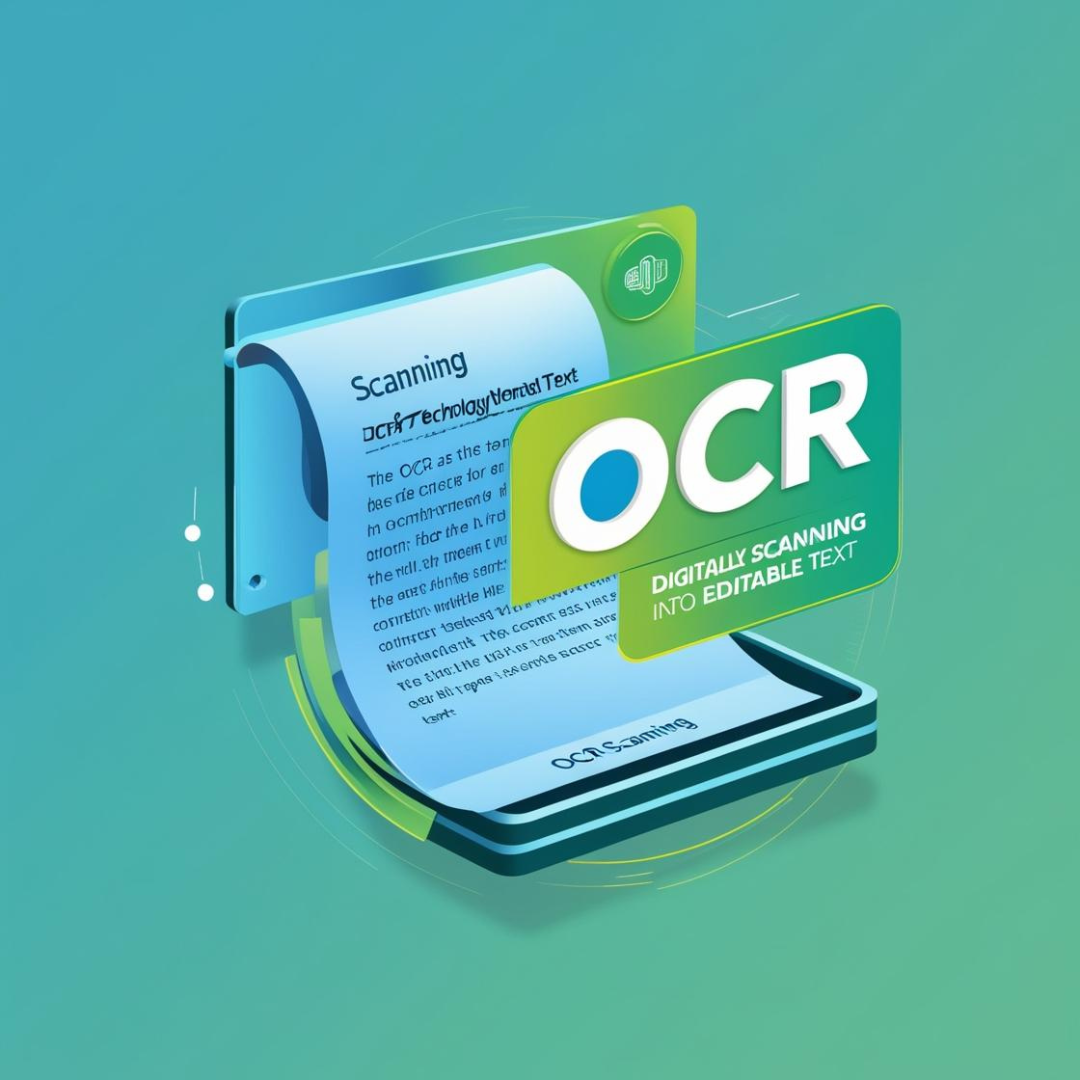Cryptocurrency Explained: Digital Money Without Banks
Cryptocurrency is a type of digital or virtual currency that doesn’t rely on banks or governments to function. Instead, it uses cryptography and blockchain technology to ensure transactions are secure, transparent, and decentralized.
What Makes It Different? While traditional currencies like the dollar or euro are issued and controlled by central banks, cryptocurrencies operate on a decentralized network. This means no single authority has control over the currency. Instead, transactions are verified by participants (or "miners") within the network, using a technology called blockchain.
Think of cryptocurrency as digital cash. Just as you can hand someone physical money without involving a bank, you can send cryptocurrency directly to someone online. However, unlike physical cash, cryptocurrencies are secured by cryptography, making them nearly impossible to counterfeit or manipulate.
Key Characteristics of Cryptocurrencies:
Decentralization: There’s no central authority, such as a bank or government, in charge of cryptocurrency. The network itself manages it.
Security: Cryptography protects transactions from fraud and unauthorized access.
Limited Supply: Many cryptocurrencies, like Bitcoin, have a fixed supply, which can affect their value over time.
Transparency & Anonymity: Transactions are recorded on a public ledger (the blockchain) for transparency, but users can remain pseudonymous, meaning their real identities aren’t always linked to their transactions.
Volatility: Cryptocurrencies can experience significant price fluctuations, making them more unpredictable than traditional currencies.
How It Works: Unlike traditional currencies, cryptocurrencies don’t rely on a middleman like a bank. Instead, users can send cryptocurrency directly to each other, anywhere in the world, using just their digital wallets. This eliminates many of the fees and delays associated with traditional banking.
Popular cryptocurrencies include Bitcoin, Ethereum, and Litecoin. When you send Bitcoin, for example, the transaction is recorded on the blockchain, making it secure and transparent. The key difference is unlike your bank’s money, Bitcoin isn’t controlled by any government or institution. It’s fully decentralized!













